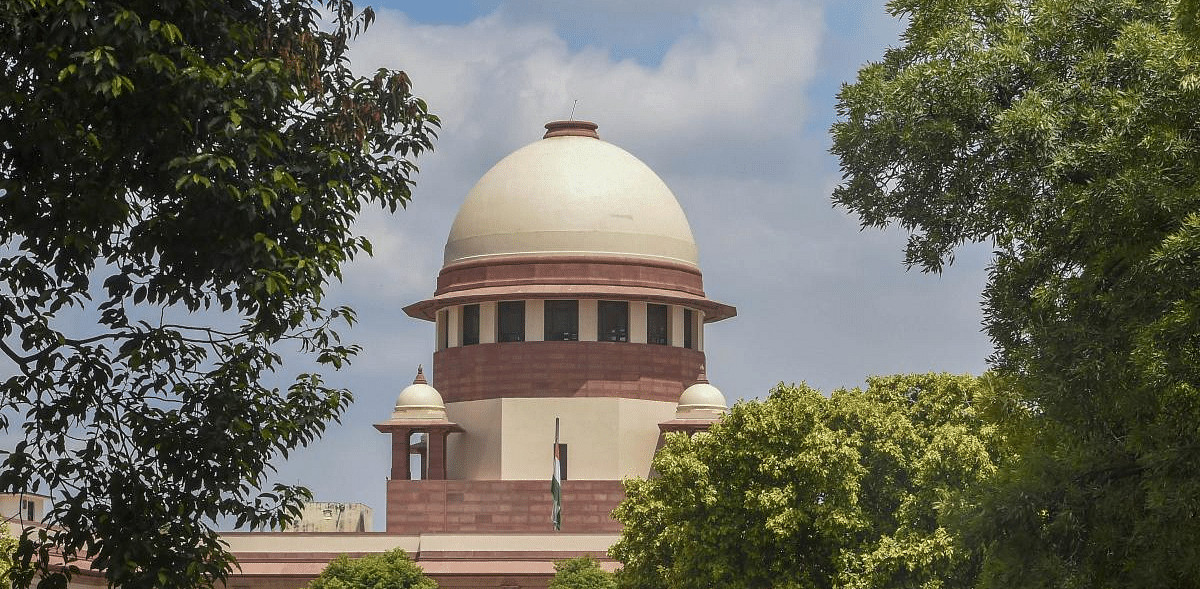
The Supreme Court on Thursday said financial losses, caused due to the Covid-19 pandemic and subsequent lockdown, cannot be offset on the weary shoulders of the labouring workers, by denying them the dignity of overtime payment and putting them into chains of servitude.
A bench of Justices D Y Chandrachud, Indu Malhotra and K M Joseph quashed the Gujarat government's notifications issued on April 17 and July 20, giving blanket exemptions to all factories to raise working shift to 12 hours a day without any overtime allowance, contrary to provisions of the Factories Act.
"A workers’ right to life cannot be deemed contingent on the mercy of their employer or the State. The notifications, in denying humane working conditions and overtime wages provided by law, are an affront to the workers’ right to life and right against forced labour that is secured by Articles 21 and 23 of the Constitution," the court said.
It rejected a contention by the state government that the pandemic and the ensuing lockdown had created a public emergency as defined by the explanation to Section 5 of the Factories Act allowing issuance of notifications.
Instead, the court noted, "the brunt of the pandemic and of the lockdown has been borne by the working class and by the poorest of the poor. Bereft of social security, they have no fallback options."
Acting on a plea by Gujarat Mazdoor Sabha and others, the court said the notifications are "indicative of the intention to capitalise on the pandemic to force an already worn-down class of society, into the chains of servitude."
"Those notifications legitimised the subjection of workers to onerous working conditions at a time when their feeble bargaining power stands whittled by the pandemic," the bench added.
The court said no factory could have been exempted from compliance with provisions of the Factories Act, unless an ‘internal disturbance’ caused a grave emergency that threatened the security of the state, so as to constitute a ‘public emergency’ as provided under the law.
It said the economic hardships caused by Covid–19 certainly posed unprecedented challenges to governance.
However, such challenges are to be resolved by the state governments within the domain of their functioning under the law, in coordination with the central government.
"Unless the threshold of economic hardship is so extreme that it leads to disruption of public order and threatens the security of India or of a part of its territory, recourse cannot be taken to such emergency powers which are to be used sparingly under the law," the court said.
The court used its power under Article 142 of the Constitution to do complete justice to direct payment of overtime wages to all those who worked extra hours since the date of notifications.
It said the unforeseen challenges posed by the unanticipated nature of Covid-19 pandemic will need to be addressed with ingenuity and commitment.
"The Covid-19 pandemic in India was accompanied with an immense migrant worker crisis, where several workers (including workers employed or contracted with factories) were forced to abandon their cities of work due to the halt in production which cut-off their meagre source of income," the bench said.
